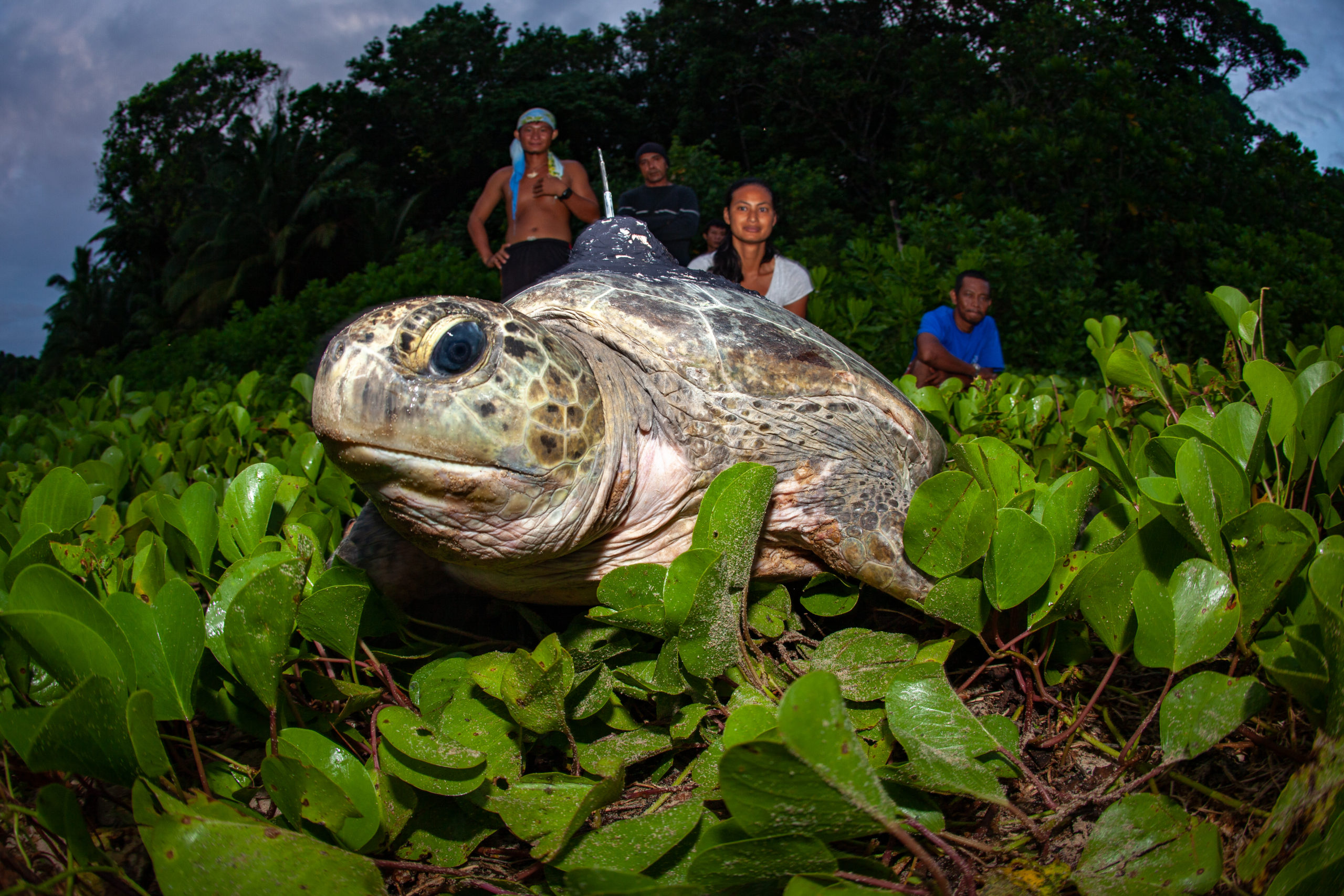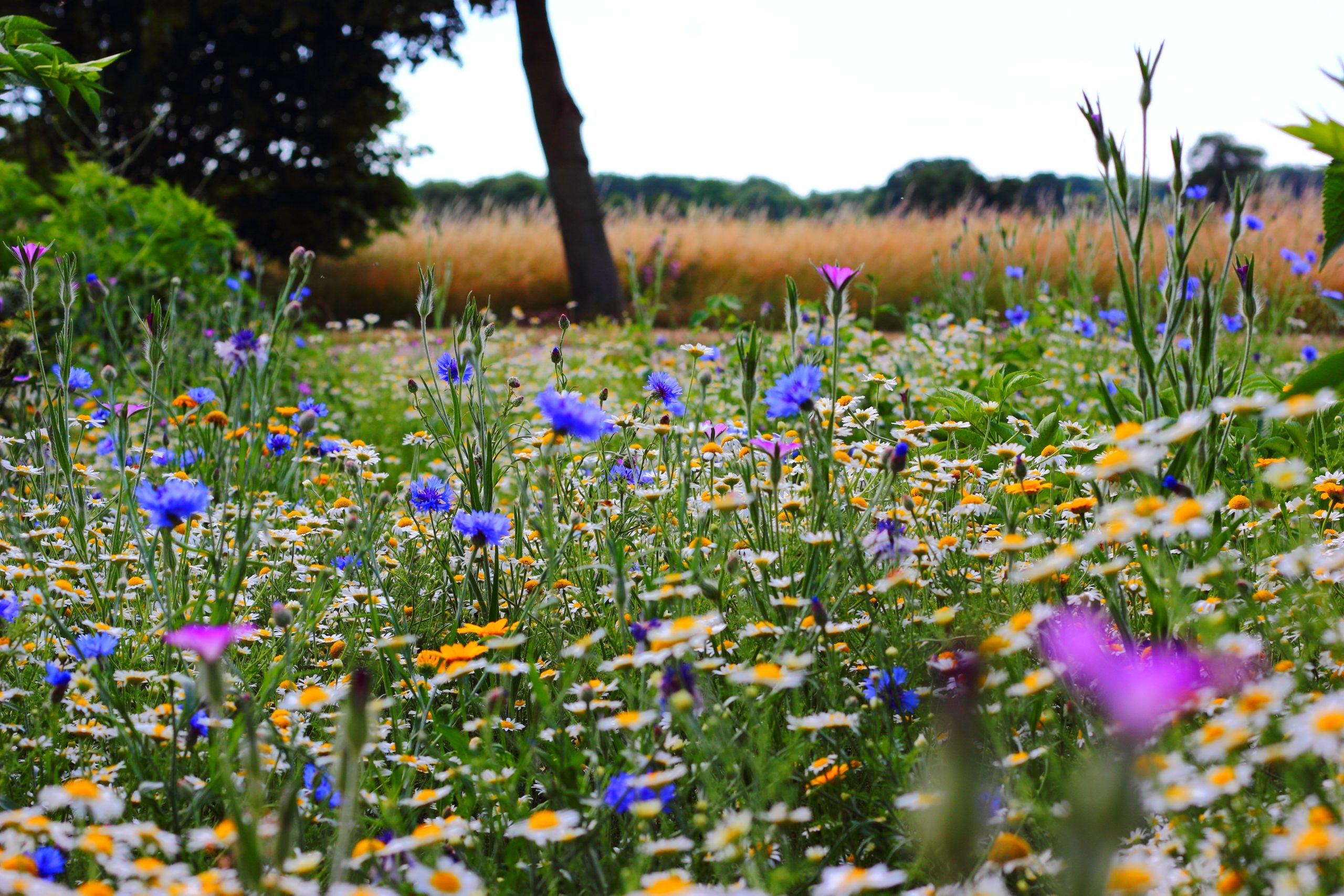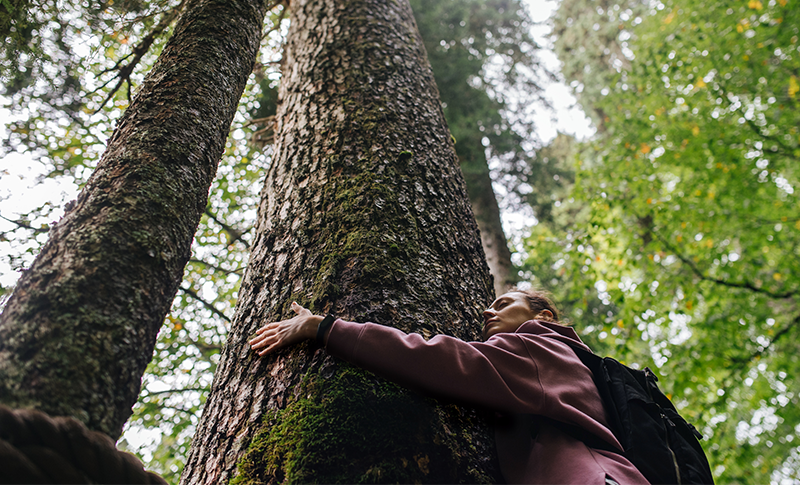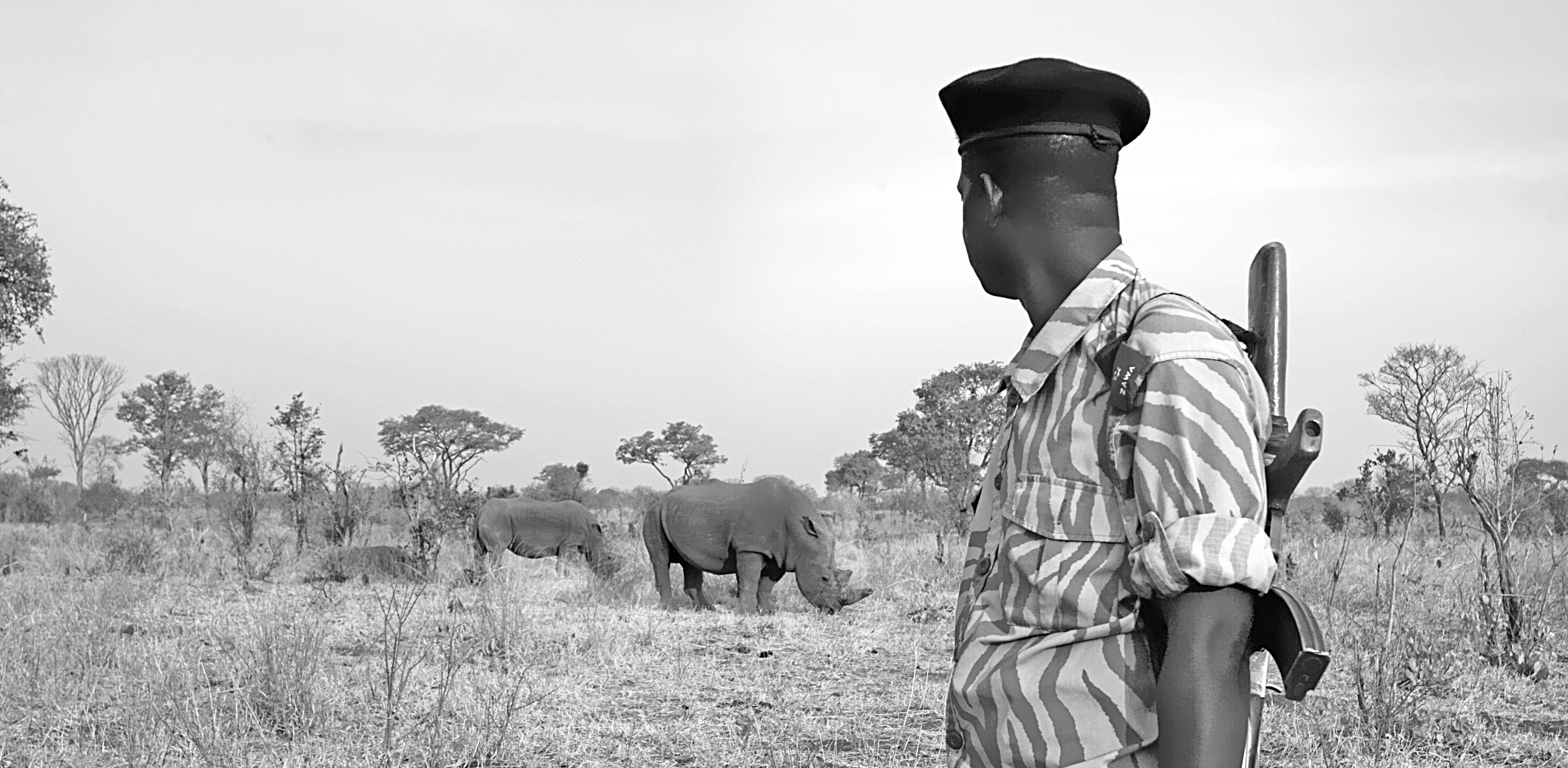As a WUR student, you learn to care about nature and the environment, but how do you make a living from your ideals and find a job in which you can make an impact? Resource talked to three winners of the Future For Nature Award, an international prize for young nature conservationists under 35. What is their advice to students? ‘Perseverance is key.’
Be bold
A paid job in nature conservation is not usually handed to you on a plate. You need determination and the courage to take the path less trodden. Maggie Muurmans, the 2009 winner (see inset): ‘I never made a career plan. I just say yes to everything, paid or voluntary, if the work makes a difference. And as soon as it stops appealing to me, I usually stop.’
Tjalle Boorsma, the winner in 2020, has a similar strategy. After graduating in Forest and Nature Conservation at WUR, he didn’t want to go into research or business. But what then? ‘I started exploring different options, although there was a common thread running through that quest: something to do with birds and with protecting nature, and in the tropics. conservation. I moved to Bolivia and spent three months applying for jobs with NGOs.’ Eventually the director of Asociación Armonía hired him for four months, after which he would be expected to raise the funds to cover his salary. ‘Perseverance is key. Be patient and confident that you will find your place.’
Create your own job
There is plenty of work to be done in the field of nature conservation, but not much funding. How do you raise funds? ‘Don’t be afraid to try out an idea of your own,’ says Charudutt Mishra, the winner in 2008: ‘No step is too small. Whether you succeed or fail, you’ll always learn a lot. I started with a project in a small village aiming at reducing conflicts between livestock and the snow leopard.’
Muurmans too created her own job. She started out at a zoo in the UK, where she trained people to look after critically endangered animals. But something bothered her: why was she working with zoo animals when their cousins in the wild were dying out? ‘I felt the need to do more. After volunteering in Costa Rica and Nicaragua, I moved to Indonesia to protect a beach full of nesting sea turtles. I stayed there for seven years and set up the project, Yayasan Pulau Banyak, for which I won the award. I applied for grants and paid my own salary.’
Build up a network
To get this far, it helps to have an extensive network. Muurmans developed one while she was at university. Boorsma started actively networking when he got the job in Bolivia. Before leaving for Bolivia, he visited the Dutch offices of WWF, IUCN, and Birdlife International to share his plans for protecting threatened bird species. In 2018, he was a guest on the radio wildlife programme Vroege Vogels. ‘The director of Birdlife heard me and asked around in the office if anyone knew me. So the answer was yes! He then invited me to meet him, and asked me how he could help.’
Be a people person too
Although ‘doing something for wildlife’ is probably your primary motive for pursuing a career in nature conservation, you’ll find yourself working mainly with people. So you need to enjoy that. ‘There is a strong human component in conservation,’ says Muurmans. ‘Only by talking to everyone, including people who think differently to you, can you arrive at a mutual understanding and find common goals,’ she concludes.
This community engagement is also crucial if you want your research to be translated into policy, says Misha. ‘You’ve got to get out of the lab and engage with communities and governments. ‘For my PhD, I studied snow leopards and their prey in the Himalayas. I lived in a mountain village and saw the problems the people there face. That spurred me into action. I worked with local people to set up a no-grazing zone where snow leopards, blue sheep and ibex had right of way. And after finishing my PhD, I helped set up a community livestock insurance programme to compensate for snow leopard attacks.’
Keep it in perspective
A career in conservation is often a vocation, and that can be problematic. Before you know it, you are working all the time. ‘This job is my life. My colleagues are also close friends,’ says Boorsma. ‘My tip is to do other things outside of working hours, find hobbies, make friends.’ Mishra takes the same approach and it helps make him resilient. ‘‘There are few successes and lots of setbacks in nature conservation. To stay positive, I get exercise and do research, which is creative. I like writing articles.’
Future For Nature Academy
The Future For Nature Academy connects students in the Netherlands, conservationists and winners of the Future for Nature award. The academy was founded in 2016 by assistant professor Ignas Heitkönig (Wildlife Ecology and Conservation, WUR) and Rascha Nuijten (then PhD student at NIOO, now director of the Future For Nature Foundation). The academy is a platform that helps students build a professional network and organizes seminars, workshops, excursions and discussions across the country each year.
Maggie Muurmans (winner in 2009)
Career: founder of Yayasan Pulau Banyak, co-founder of Ocean Connect Inc., PhD candidate and researcher at Griffith University, and senior executive at a community-based organization. Based in: Australia. Topic: marine conservation and citizen science.
Tjalle Boorsma (winner in 2020)
Career: director of nature conservation at Asociación Armonía. Based in: Bolivia. Topic: critically endangered birds such as the blue-throated macaw.
Charudutt Mishra (winner in 2008)
Career: science and conservation director and executive director of the Snow Leopard Trust, co-founder of Nature Conservation Foundation India. Based in: India, also active in the USA and Asian snow leopard countries. Topic: snow leopards in Asia.

 One of the projects Maggie Muurmans (winner in 2009) worked on was in Indonesia protecting turtles and their eggs and young. Photo: David Robinson
One of the projects Maggie Muurmans (winner in 2009) worked on was in Indonesia protecting turtles and their eggs and young. Photo: David Robinson 

